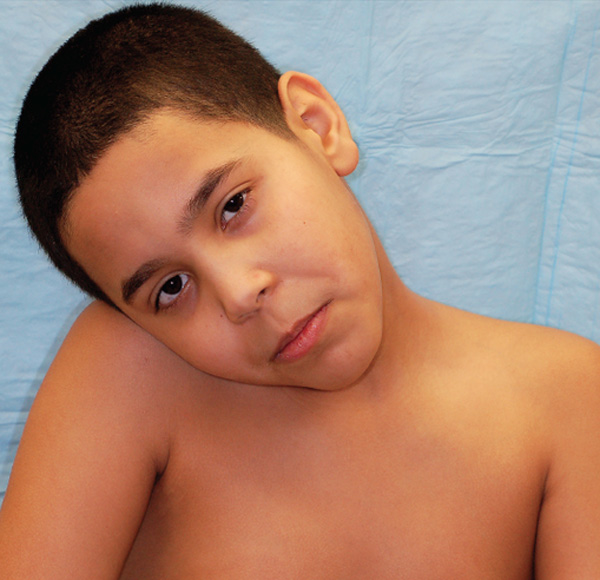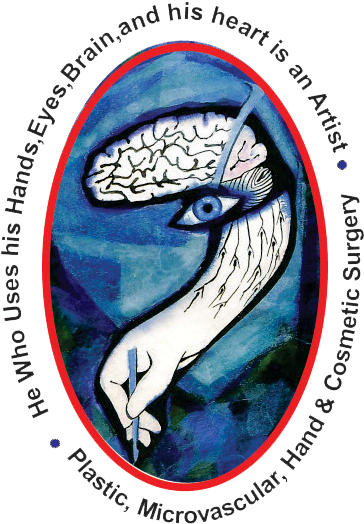Wry Neck-Torticollis
Wry neck, or torticollis, is a painfully twisted and tilted neck. The top of the head generally tilts to one side while the chin tilts to the other side.

Wryneck occurs when the neck muscles twist beyond their usual capacity, causing the head to tilt. The condition is also known as torticollis or loxia. Wryneck may develop over time. It can also occur after an injury to the area, or because of a reaction to medication.
A person with wryneck may find it uncomfortable or painful to put their head up straight or bend their neck to the unaffected side. Wryneck in infants is common, with some sources reporting that it affects 3 in every 100 babies. In most infants, the condition is easily treatable. Benign paroxysmal torticollis of infancy (BPTI) is a much rarer medical disorder in infants where the baby experiences recurrent episodes of the head tilting to one side.
Causes
In adults, there are several reasons why wryneck may develop, though doctors are often unable to specify a reason.
Some of the common causes include:
- injury to the neck or spine, causing the muscles to spasm
- infection of the head or neck, where inflammation causes the muscles to contract
- abscesses in the throat or upper airway
- infections of other parts of the body, such as ears, sinuses, jaw, teeth, or scalp
Less common causes of wryneck include:
- scar tissue
- arthritis of the cervical spine
- vascular abnormalities
- drug misuse that causes a lack of muscle control
- use of certain medication
- tumors
Wry neck in children
Children, infants, and newborns usually develop wryneck because of congenital muscular torticollis (CMT), meaning they are born with the condition. CMT develops when a muscle on one side of the neck called the sternocleidomastoid muscle is too short.
Other causes of wryneck in children include:
- trauma during birth
- flat head syndrome, where an infant keeps their head in the same position whenever they sleep
- inherited diseases that cause problems with the muscles and nervous system
Questions? We got Answers!
The exact cause of torticollis is unknown.
Congenital muscular torticollis is more likely to happen in firstborn children. This may also be accompanied by a congenital hip dislocation. The cause is likely from the fetus’s position in the uterus resulting in injury to the neck muscles.
Acquired torticollis may be caused by irritation to the cervical ligaments from a viral infection, injury, or vigorous movement. Additional causes may include:
- Sleeping in an awkward position
- Neck muscle injury at birth
- Burn injury
- Any injury that causes heavy scarring and skin or muscle shrinkage
- Neck muscle spasm
Torticollis may also be a secondary condition that results from the following:
- Slipped facets (two small joints on the side of the spine)
- Herniated disk
- Viral or bacterial infection
The following are the most common symptoms of torticollis. However, each person may experience symptoms differently. Symptoms may include:
- Neck muscle pain or pain down the spine
- Inability to turn the head, usually holding it twisted to one side
- Spasm of the neck muscles
- Awkward position of the chin
The symptoms of torticollis may resemble other conditions and medical problems. Always consult your doctor for a diagnosis.
Diagnosis of torticollis usually is confirmed with a medical history and physical exam.
Specific treatment for torticollis will be determined by your healthcare provider based on:
- Your age, overall health, and medical history
- Extent of the condition
- Your tolerance for specific medicines, procedures, or therapies
- Expectations for the course of the condition
- Your opinion or preference
Treatment may include:
- Neck collar
- Heat therapy
- Ultrasound therapy
- Physical therapy
- Surgery
If your symptoms have not improved within the time frame suggested by your doctor, you should let him or her know. Also, if your symptoms get worse or you get new symptoms, you should let your provider know.



